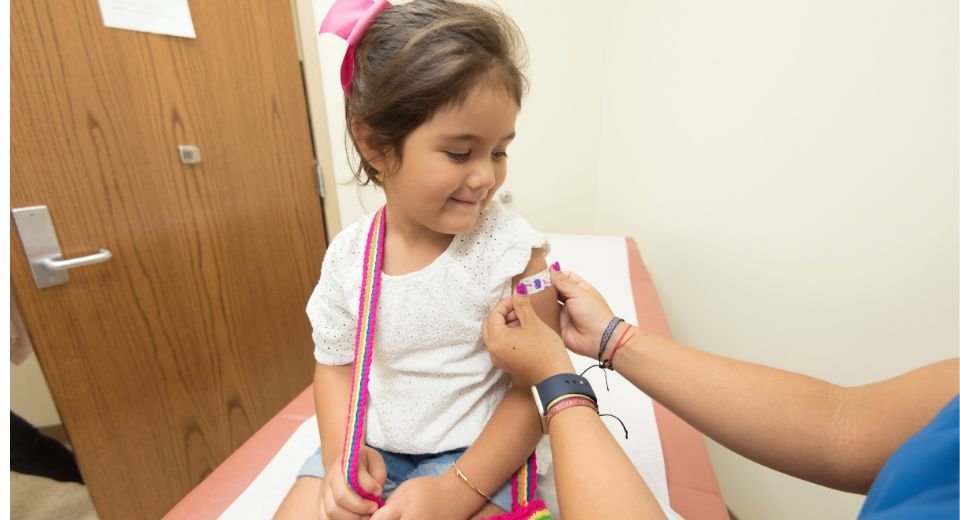HQ Team
June 8, 2023: Peanut allergy is a serious health concern and nearly 2 per cent of the Western population suffers from it. An estimated 40% of children with a food-related allergy have experienced at least one anaphylactic event.
There are currently no FDA-approved medicines for children under the age of four years. In 2020, the US Food and Drugs Administration (FDA) approved Palforzia, a drug that can reduce sensitivity to peanuts and the severity of an allergic reaction, but only for people aged four or older.
That soon may change with DBV Technologies’ epicutaneous immunotherapy (EPIT) named Viaskin Peanut. The French biopharmaceutical firm has published Phase III trial results in the New England Journal of Medicine, which showed that Viaskin Peanut was effective in desensitizing toddlers under the age of four years to peanuts after 12 months of treatment.
Allergy trial
For the trial, the company recruited 413 subjects across eight countries. Before the onset of the trial, children aged one to three were tested to assess their sensitivity to peanut protein. Those who had shown a reaction to 300 mg or less of peanut protein were enrolled and put in one of two groups. In one, 244 kids were asked to wear a skin patch with 250 micrograms of peanut protein, or 0.01% of a peanut, for a year. The other 118 children wore a placebo patch.
After one year, 67% of the children who had worn Viaskin patches for a whole day were able to tolerate a small amount of peanut protein. Only 34% of the children in the placebo group were able to do the same.
It is to be noted that all the children in the trial suffered adverse reactions initially of itching and swelling. The patch also caused incidences of severe reactions and anaphylaxis. However, when children in both groups were accidentally exposed to peanuts, the ones in the intervention group had fewer occurrences of allergic reactions and anaphylaxis.
Further, the reactions became less severe over time, showing that the children became desensitization through the skin patch.
The company claimed in its statement, “The developing immune system may be particularly amenable to desensitization, which provides an important rationale for prioritizing treatments that target younger children.”
DBV Technologies’ CEO, Daniel Tasséhe, said, “Parents and caregivers are eagerly awaiting FDA-approved treatment options for this age group. We are pleased that the NEJM has confirmed what we know to be true: the EPITOPE data represent a next step towards a future with more [approved] treatments for food allergies.”
(The FDA outlined the regulatory path for the Viaskin Peanut program in 1–3-year-olds.)
The treatment, if approved will help both children and the caregivers to be free from stress and worry about accidental exposure incidences. The patches need to be changed once a day but require no further maintenance.




